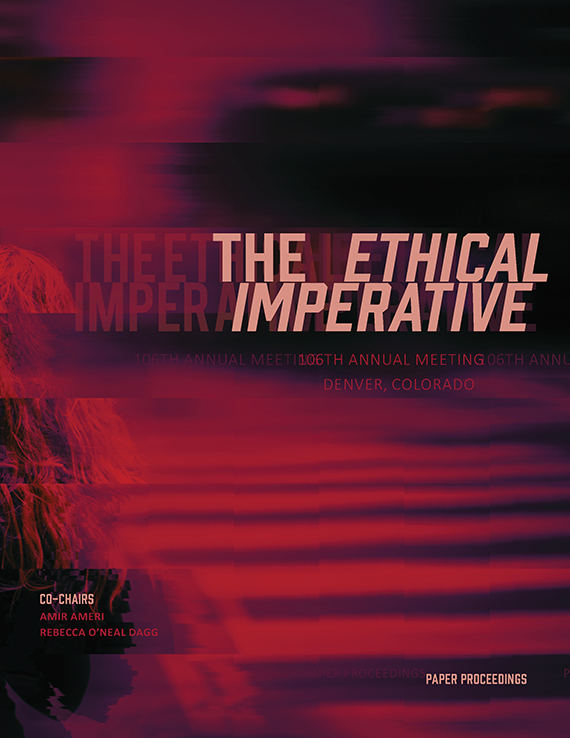Author(s): Wei Zhao
Based on a case study in Beijing, China, this paper examines the ways in which architecture reflects the charged relationship among power, economy and social relations within a society. Starting in April 2017, the Beijing municipal government enacted a new, three-year urban renewal policy that aims to restore and improve the built environment of the 2,435 alleyways in the historic center of the city. The local implementation, however, has focused on sealing doors and windows that have led to homes and small businesses for decades. As a result, thousands of businesses that had been providing daily services to local residents closed down, forcing many people to move to other cities. Drawing on archival research and limited interviews, this paper examines the characteristics of the existing urban fabric of the historic center of Beijing and analyzes the social context and execution process of the urban renewal policy. This paper argues that the Beijing municipal government uses the architecture of the 99 percent as a tool not only to eliminate non-permanent residents by decimating their places to work and live, but also to control social activities and residents’ relations through reconstructing place at the local level. As a result, by taking over the ownership of the architecture of the 99 percent, the Beijing municipal government aims to create a new image of the capital of China as defined by the new master plan, a plan which is not only a historical, but also promulgates the ideas of regularity, singularity and segregation.
https://doi.org/10.35483/ACSA.AM.106.13
Volume Editors
Amir Ameri & Rebecca O'Neal Dagg
ISBN
978-1-944214-15-9

 Study Architecture
Study Architecture  ProPEL
ProPEL 
